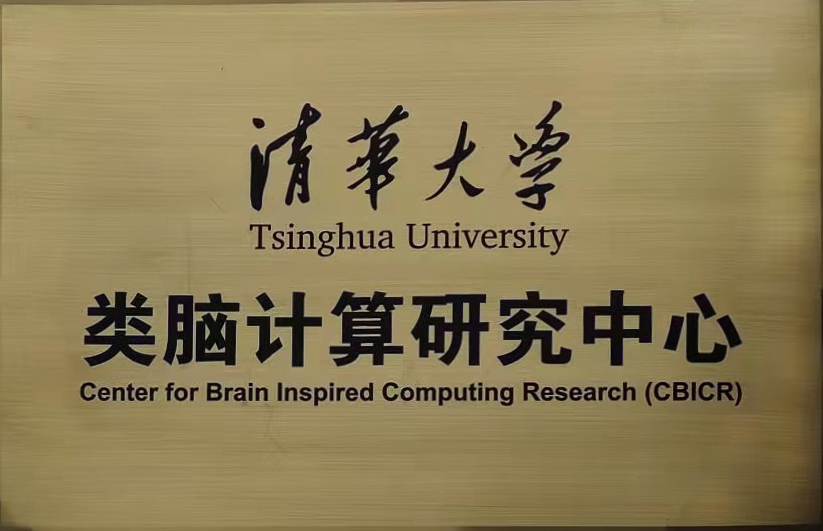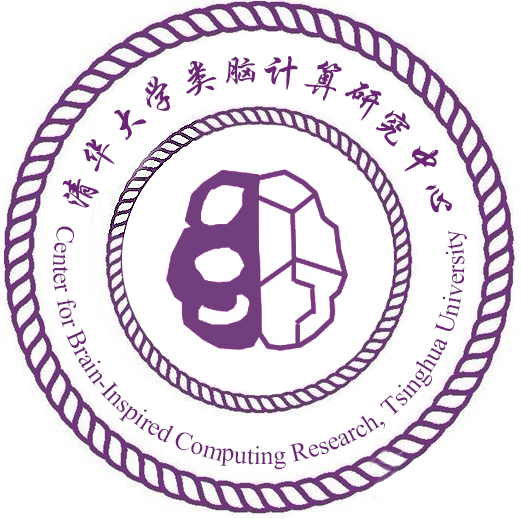
The Center for Brain-Inspired Computing Research (CBICR) at Tsinghua University was established in September 2014. The center’s vision is to utilize the fusion of the human brain and computer intelligence to develop brain-inspired computing, support artificial general intelligence, and empower various industries. Led by Professor Shi Luping, the center integrates disciplines such as neuroscience, electronics, microelectronics, computer science, automation, materials, and precision instruments. It has become a research center with the capability of deep interdisciplinary integration, conducting comprehensive and innovative research at different levels.
CBICR focuses on the development of a new paradigm of brain-inspired intelligent computing based on brain cognition and information science. Their research includes exploring new architectures, hardware, software, and algorithms for brain-inspired computing systems, as well as developing brain-inspired intelligence technologies and application products, to promote the advancement of brain-inspired computing systems.
Brain-inspired computing is recognized as one of the two important technology directions in the post-Moore’s Law era by the “International Technology Roadmap for Semiconductors.” It is also included in China’s “Science and Technology Innovation 2030” as part of the “Brain Science and Brain-inspired Intelligence Research” (China Brain Project). The team’s research work draws on the basic principles of neuroscience and aims to develop artificial general intelligence, exploring new computing paradigms and architectures. They conduct research across the entire chain from fundamental theory, chips, software, to system integration and applications.
As of 2023, the team has published more than 100 research papers, including two in “Nature.” The research papers related to the “Tianjic” brain-inspired computing chip were featured on the cover of “Nature” and were recognized as “important milestones in the field of artificial intelligence” by the editor-in-chief of “Nature.” As the world’s first heterogeneous fusion brain-inspired computing chip independently developed by China, the “Tianji” chip has been recognized with awards such as China’s Top Ten Scientific Advances, China’s Top Ten Technological Advances, the 6th World Internet Conference Global Leading Scientific and Technological Achievements, and Top Ten Science Communication Events.
Historical Developments

Accomplishments


